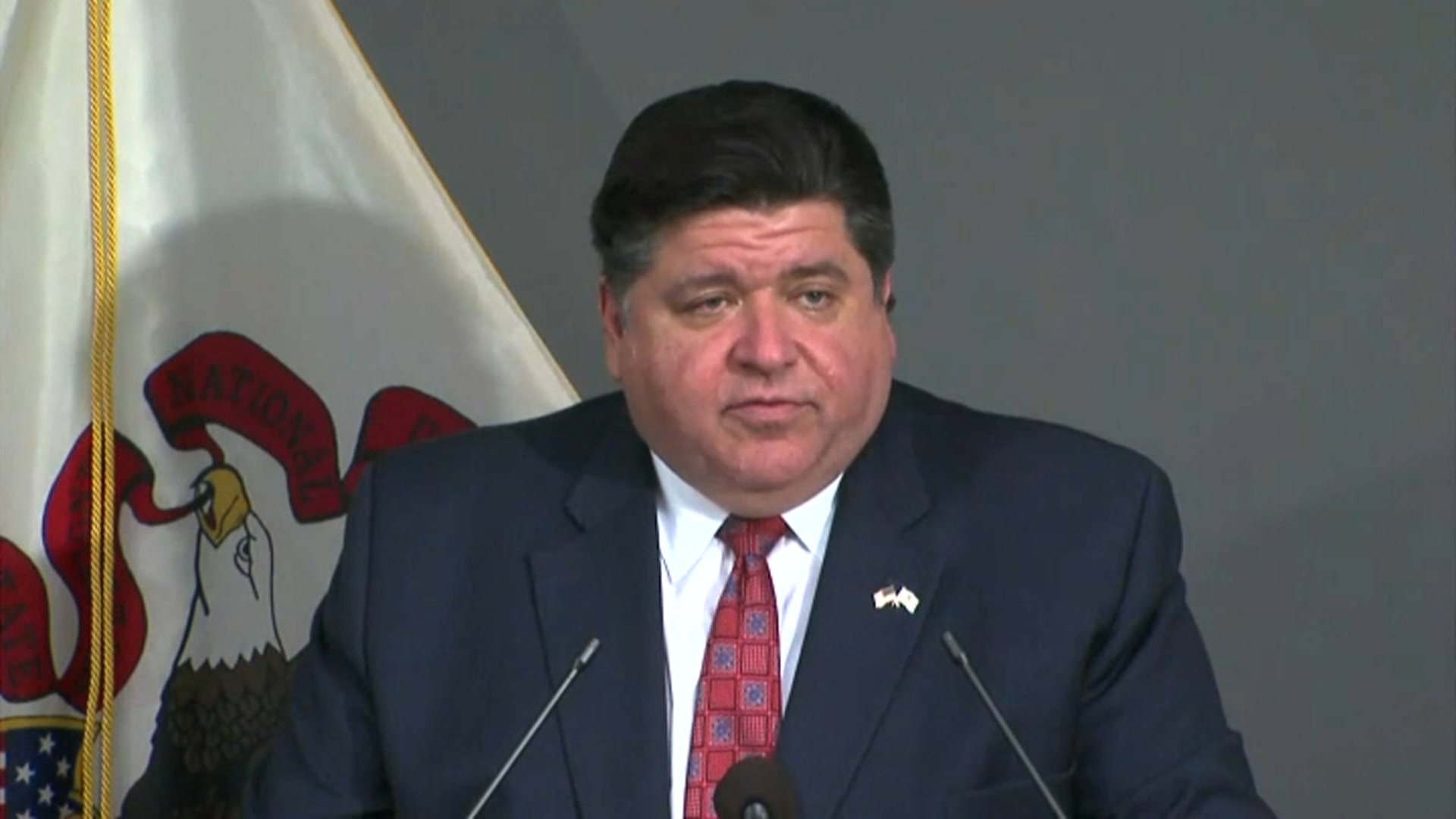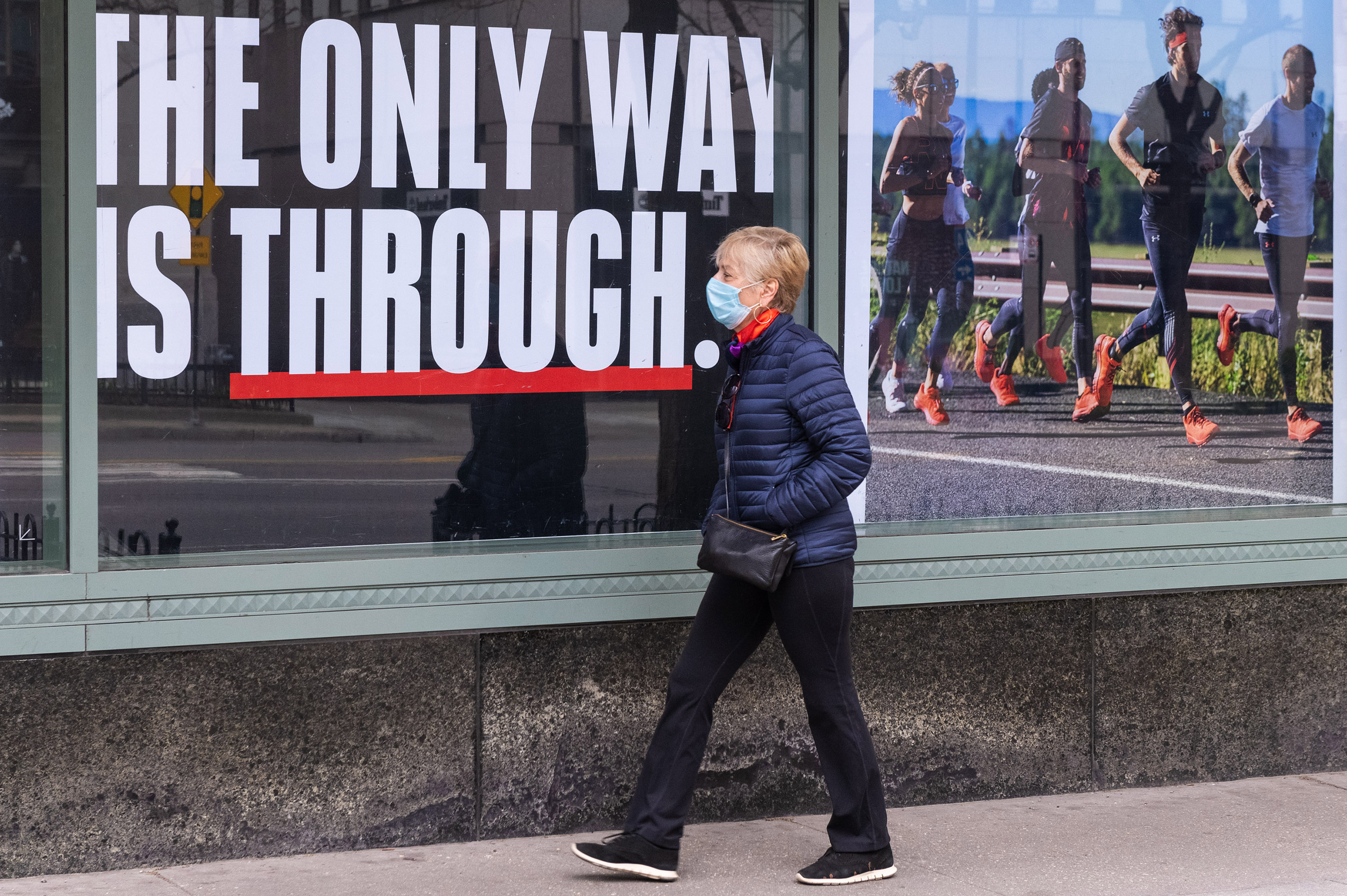Illinois' stay-at-home may be extended through much of May but the order that begins on May 1 won't be the same as the one residents have been under for more than a month already.
In announcing the extension of the statewide order, Gov. J.B. Pritzker noted that some previously closed businesses and places can begin reopening.
But where some restrictions are lifted, others are heightened.
Here's a look at the changes ahead:
State Parks, Outdoor Recreation
State parks will begin a phased re-opening under guidance from the Department of Natural Resources.
Fishing and boating in groups of no more than two people will be permitted.
A list of parks that will be open on May 1 and additional guidelines can be found on the Illinois Department of Natural Resources website HERE.
Golf Courses
Golf will be permitted under strict safety guidelines provided by the Illinois Department of Commerce and Economic Opportunity (DCEO) and when ensuring that social distancing is followed.
New Essential Businesses
Greenhouses, garden centers and nurseries may re-open as essential businesses. These stores must follow social distancing requirements and must require that employees and customers wear a face covering.
Animal grooming services may also re-open.
Changes for Retail Stores
Retail stores not designated as non-essential businesses and operations may re-open to fulfill telephone and online orders through pick-up outside the store and delivery.
New Mask Requirement
Beginning on May 1, individuals will be required to wear a face-covering or a mask when in a public place where they can’t maintain a six-foot social distance. Face-coverings will be required in public indoor spaces, such as stores. This new requirement applies to all individuals over the age of two who are able to medically tolerate a face-covering or a mask.
Changes for Essential Businesses
Essential businesses and manufacturers will be required to provide face-coverings to all employees who are not able to maintain six-feet of social distancing, as well as follow new requirements that maximize social distancing and prioritize the well-being of employees and customers.
This will include occupancy limits for essential businesses and precautions such as staggering shifts and operating only essential lines for manufacturers.
Schools and Dorms
Educational institutions may allow and establish procedures for pick-up of necessary supplies or student belongings. Dormitory move-outs must follow public health guidelines, including social distancing.



